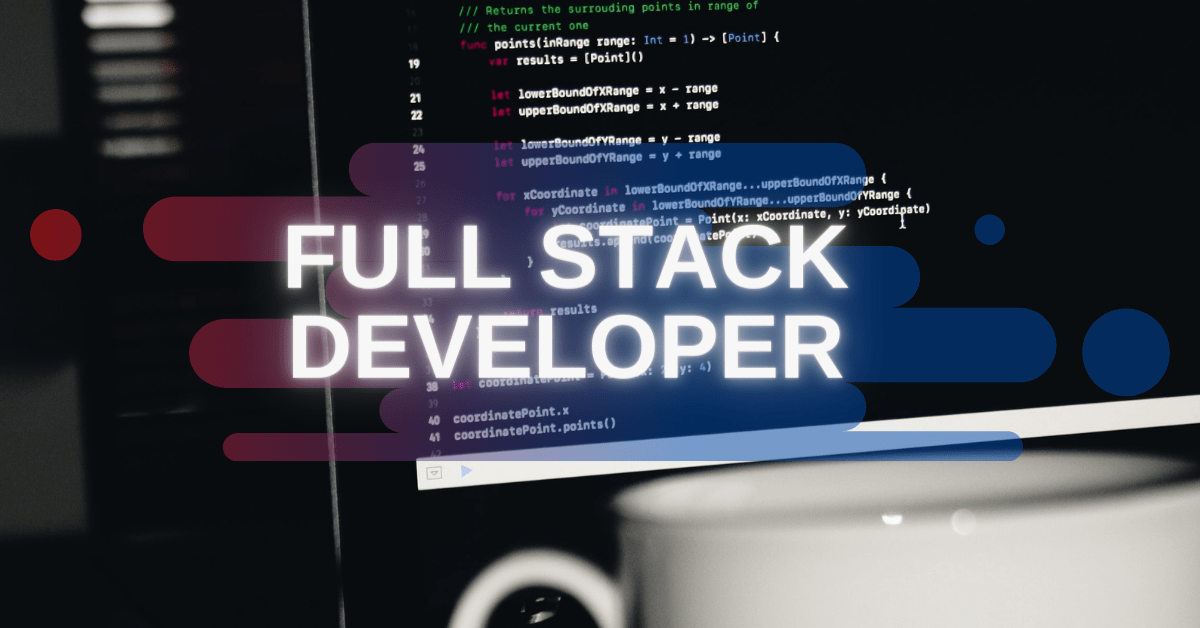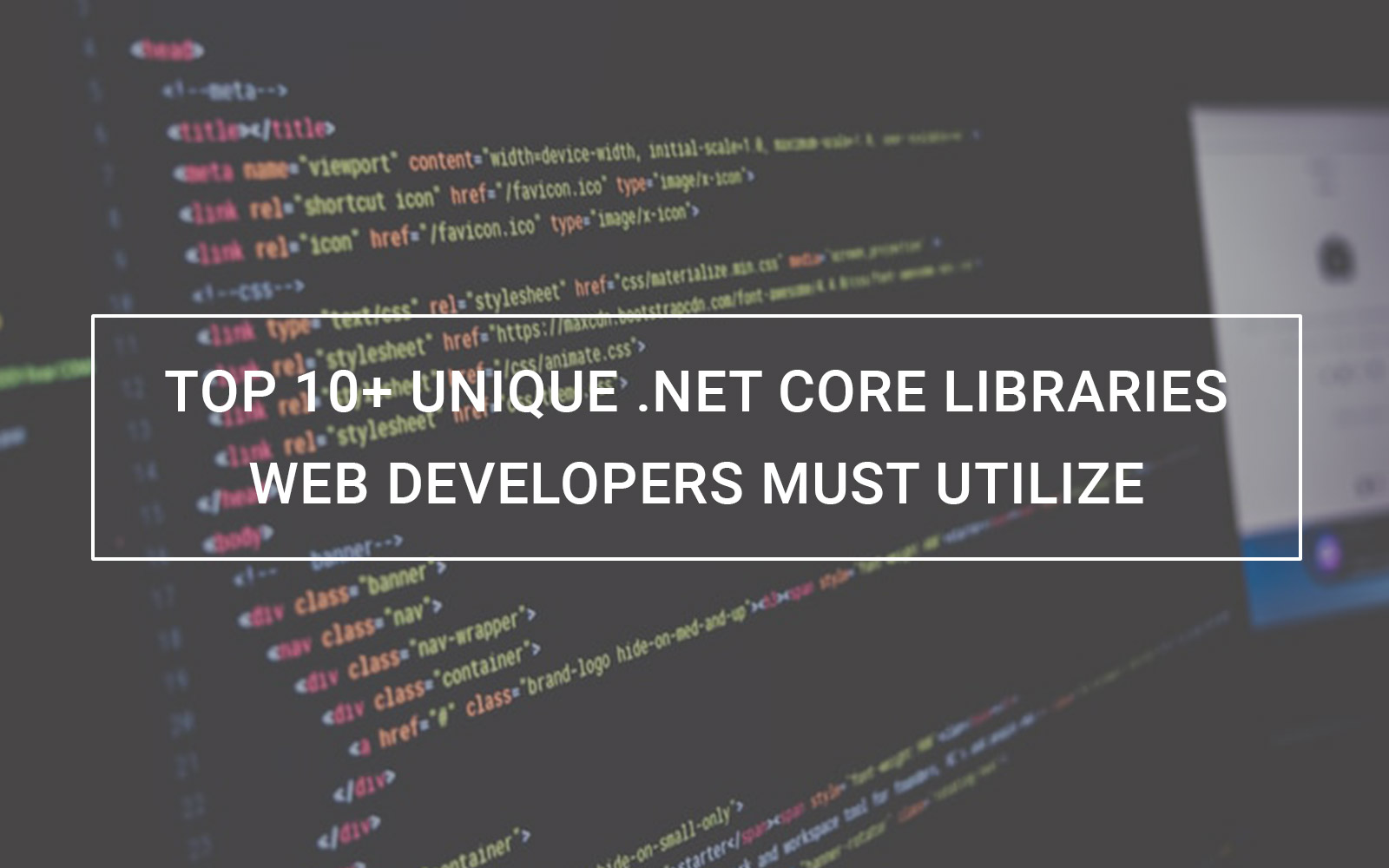It is essential to know why a database is needed before talking about its types. Database systems are the heart of any business because they communicate information related to your advertising activities, product listing and sales deals. It helps to make business healthy, raising and enhance profits. This is the reason you should choose the database that fits your business needs and environment. Let’s eye on each and decide which can be perfect for you.
There are two types of databases Structured Query language and not only SQL. SQL databases are rational and, NoSQL is non-rational as it does not require any schema. Before discussing SQL and NoSQL, Let’s first look at them individually.
What is right, or what is best? That is the question!
These are the tough questions most companies face nowadays. What to choose between relational databases (SQL) or a non-relational database (NoSQL)? SQL is a feasible choice most times and unsuited for large and big databases. Thus, the popularity of the NoSQL database system is more as it is used by giant internet companies.
You cannot decide which one to choose as both databases have their different structures and storage methods. Hence, the choice between SQL vs NOSQL condenses to the type of system that is needed for a particular project.
When you looked back in 1970, then there was only one relational database system for development, while in today’s time selecting the right database is one of the demanding tasks. Let’s eye on the variation between the two to make the right choice.
What is SQL?
SQL stands for Structured Query language (SQL). It is a conventional language that deals with relational databases. SQL is designed to store, retrieve, manage and manipulate the data from the relational database management system. Relational databases such as MYSQL, Oracle, and MS SQL Server use SQL.
MYSQL is the open-source relational database management that was created by Michael Widenius and David Axmark in 1995. MYSQL became renowned in the market and community for its exceptional features and free and upgraded license. It focuses on stability and maturity.
“According to StackOverflow’s developer’s survey of the year 2020, more than half of the developers are using MYSQL.
In today’s time, MYSQL is one of the renowned and widely used databases. And no wonder one of the demanding databases in web applications. Big companies like Facebook and Uber also uses MYSQL.
Types of SQL databases: –
- MYSQL: MYSQL is one of the popular open-source databases and, excellent for CMS sites and blogs.
- MS SQL server: The MS SQL is for an enterprise-level database used for both SQL and NoSQL.
- MariaDB: MariaDB is an intensified SQL which is a drop-in version of MYSQL.
- PostgreSQL: An enterprise-level, object-relational database management system.
What is NoSQL?
As the name suggests, NoSQL is a non-relational database management system and it doesn’t require a fixed schema. It is used for big data and real-time web apps like Twitter and Google. NoSQL is an open-source database.
Types of NoSQL databases: –
- Key-value Databases
- Document Databases
- Wide-column Databases
- Graph Databases
The Major Difference between SQL and NoSQL:
- Programming Language
When it comes to language in the database world, everyone speaks x language. So it would be quite challenging if you started speaking the Y language in the middle of that. This is the concern with SQL. The databases manipulate the data based on SQL, which is one of the easiest and widely used language options available and that is safe for complex queries. This is because it requires predefined schemas to define the structure of data.
Now imagine another world where everyone speaks different languages. For unstructured data, a NoSQL has a dynamic schema. Here, you can store data in plenty of ways which means it can be document-oriented, graph-based, etc.
- Scalability
Think about a big home in your neighborhood. If you get a chance, will it be better to add more floors in the home or create a new building entirely for homeowners?
SQL databases are vertically scalable, which means that you can enhance the load on a single server by increasing RAM, CPU or SSD in SQL. While NoSQL is horizontally scalable, this means that you can handle more traffic by adding more servers to your database. For a longer life, it is better to add more servers than the load on a single server as that is more stable. Hence, NoSQL can become bigger and more helpful, and that’s the reason it is the most preferable option for big or large data sets.
- Data Structure
The first and foremost thing you have to eye on while making SQL and NoSQL decisions is what your data look like. If your data is structured, an SQL database is a perfect choice. SQL is the right fit for selling-oriented systems such as CRM tools, accounting software, and e-commerce platforms.
NoSQL are document-based. This is the reason SQL is the better option for applications that needs a variety of transactions. It is a much better fit to store data and unstructured data that won’t fit into a table. NoSQL databases are flexible and scalable.
- Run Time of Query
But oblivious, the SQL will win over NOSQL in running a query of the data. Because your data is structured and organized, it is easy to query your data with an SQL database.
SQL is a renowned programming language with years of experience in the market. It easily runs queries and retrieves and edit data smoothly. There’s no doubt that it is light weighted and easy to learn. Thus, you no longer have to worry about getting problems with running queries.
Developers used to focus on scalability and flexibility instead of query efficiency in the NoSQL database. To run NoSQL queries, you need extra processing on the data according to your database and you may also have to implement MapReduce. Ultimately, querying the NoSQL database requires developers and data scientists, which will be expensive and less efficient.
When you query your data, and who will run? The answers to this jargon will affect your SQL or NoSQL decisions.
- The Confluence of SQL and NoSQL
SQL and NoSQL both have their advantages. For instance, MYSQL, the renowned open-source relational database, offers a document store. This brings the structure of an MYSQL database combined with NoSQL without implementing a separate database.
MongoDB is one of the most popular databases of NoSQL and offers multi-document transactions. And with the simple database setup, you can use both SQL and NoSQL in data to meet your data storage requirements. And that’s how you have the flexibility to choose a SQL and NoSQL database.
When to use SQL?
- SQL is the simplest language used to communicate with the relational database management system.
- SQL build personal dashboards.
- It accesses you to store and collects data from the database.
- Best option to execute complex queries.
- When data is structured and unchanging.
When to use NoSQL?
- When the standard RDBMS model is not enough.
- Data that need a flexible schema.
- It used to store temporary data.
- When query on large data set.
- NoSQL is good for schemaless data.
- For rapid development.
Summary:
When talking about database systems or storage, there are many decisions to make. One of the best decisions is whether to go with SQL or NoSQL database system as your priority.
SQL is best for table-based data, where data integrity is supreme. While NoSQL provides extreme flexibility and scalability, which make sure for rapid development and recurrence. Both SQL and NoSQL are perfect for any kind of application.
In this guide, we learned the variation between SQL vs NoSQL in brief here. The choice of the database will always depend upon your needs, business requirements, and a variety of data.
NoSQL databases are more popular due to their capacity to combine big data and low budget. However, it is still a modern technology, unlike SQL.
About Hemant Parmar
Hemant Parmar is an eCommerce expert and a keen Magento consultant who specializes in meeting the needs of businesses in the e-commerce space. Years in the eCommerce market make him a perfect choice for sharing his expertise on eCommerce and Magento 2 development. He believes that customers need to be met no matter how challenging it might be.
Read More




